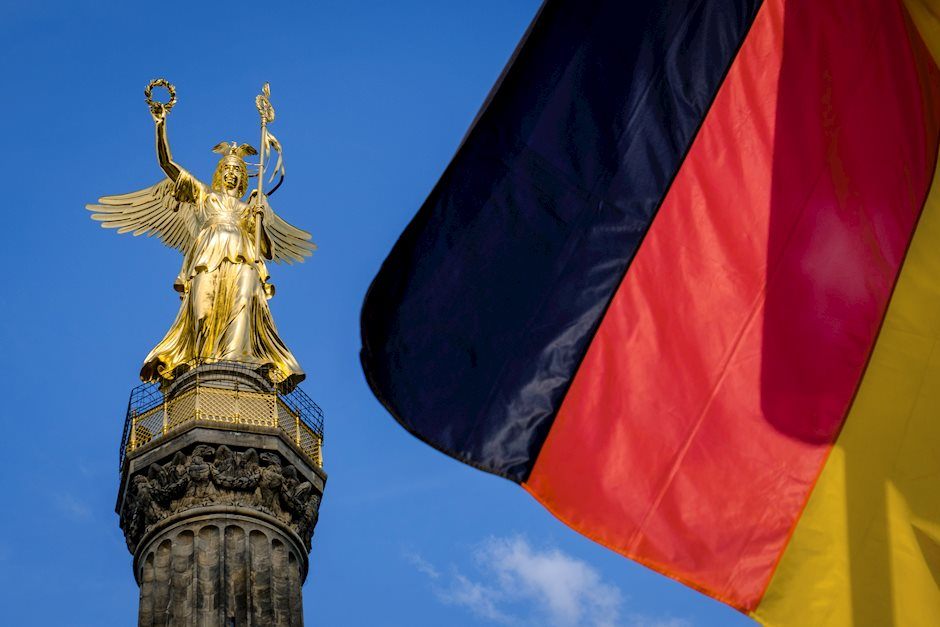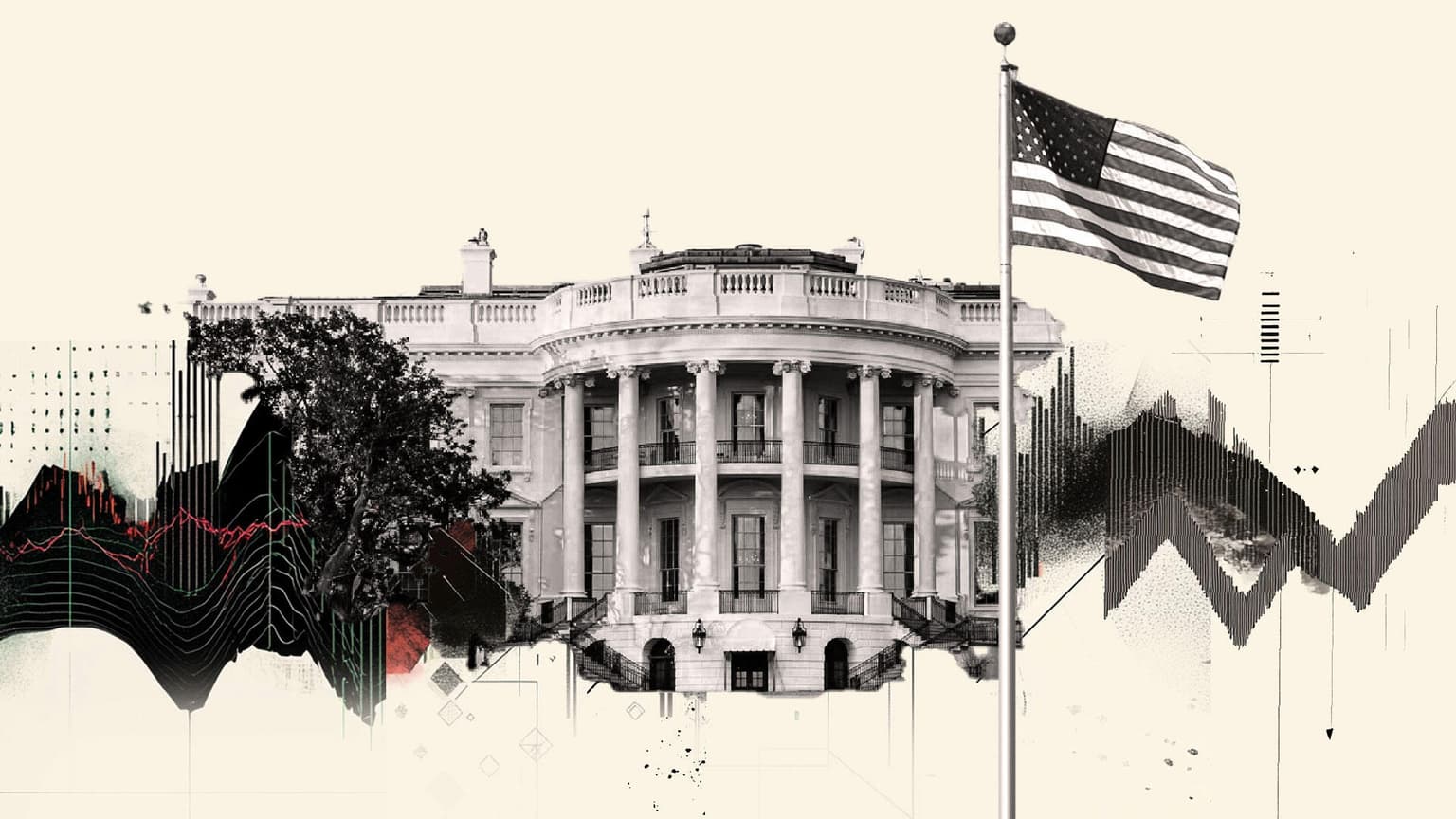German wages: What to watch in 2022

Inflation concerns have captured markets with market-based inflation expectations (5y5y inflation forward) hitting 2% for the first time since 2014. Wage dynamics will be an important determinant for the question whether the current inflation spike will also lead to more permanent price pressures, as wages constitute an important driver of services (and core) inflation.
ECB and markets will therefore keep a close eye on the upcoming German wage bargaining rounds in 2022 for signs of rising underlying inflation pressures (see table below). In particular, the big rounds for the chemical industry (March), metal and electronics industry (September) and public sector (December) will be key to watch. However, timing-wise this also suggests that a clearer picture on the outlook for German wages (and inflation) might only really start to emerge in H2 22.
In recent years, German unions preferred preserving jobs over securing pay rises. So far there are few signs that unions have upped their wage demands in response to higher observed inflation rates.
Services union Verdi has entered the wage bargaining round for 2.3mio public sector workers in the German states with a demand for a 5% wage increase over 12 months (or at least EUR 150/month). This compares to a 6% wage increase demand (or at least 200EUR/month) in the 2019 round, where the partners settled for a wage increase of 3.2% in 2019, 3.2% in 2020 and 1.4% in 2021 in the end.
Industry union IG Metall is entering negotiations with a 4.5% wage increase demand for workers in the wood and plastic industries (compared to a 6% demand in the 2018 round).
Recent wage deals agreed during Q3 also showed only moderate wage increases, with few evidence of an emerging wage-price spiral:
During October, union Verdi and employers agreed to a 3% pay rise in October 2021 and 1.7% increase in April 2022 for 1.7mio workers in retail & wholesaling.
The construction sector also recently agreed to a pay rise of 2% in November 2021 (East Germany 3%), 2.2% (2.8%) in April 2022 and another 2% (2.7%) in April 2023 (plus one-off payments of EUR400/450 in 2022/23) for 890.000 workers. With a duration of 33 months, that equates to annual wage increase of ca. 2.4% (compared to a union demand of 5.3%), despite the fact that the construction sector has been particular exposed to the problem of labour shortages and capacity constraints.
Apart from sector wide wage bargaining, developments in minimum wages will also be worth keeping an eye on. In its preliminary coalition negotiations (which are ongoing), SPD, Greens and FDP seemingly agreed on raising the German minimum wage to EUR 12/h sometime during 2022 (a 25% increase from currently EUR 9.60/h). In 2019, ca. 5% of employees received the minimum wage in Germany. We expect this to have a positive impact on private consumption and underlying inflation in Germany.
In sum: While so far we see few signs that German wage demands are picking up markedly, it will still be important to keep an eye on the negotiations. The combination of higher realized inflation, more prominent labour shortages (also in response to declining labour force participation after the pandemic) as well as a trend towards re-shoring supply chains, still leaves the potential for higher wage settlements in 2022 (compared to 2018/19) in our view.
Author

Danske Research Team
Danske Bank A/S
Research is part of Danske Bank Markets and operate as Danske Bank's research department. The department monitors financial markets and economic trends of relevance to Danske Bank Markets and its clients.

















